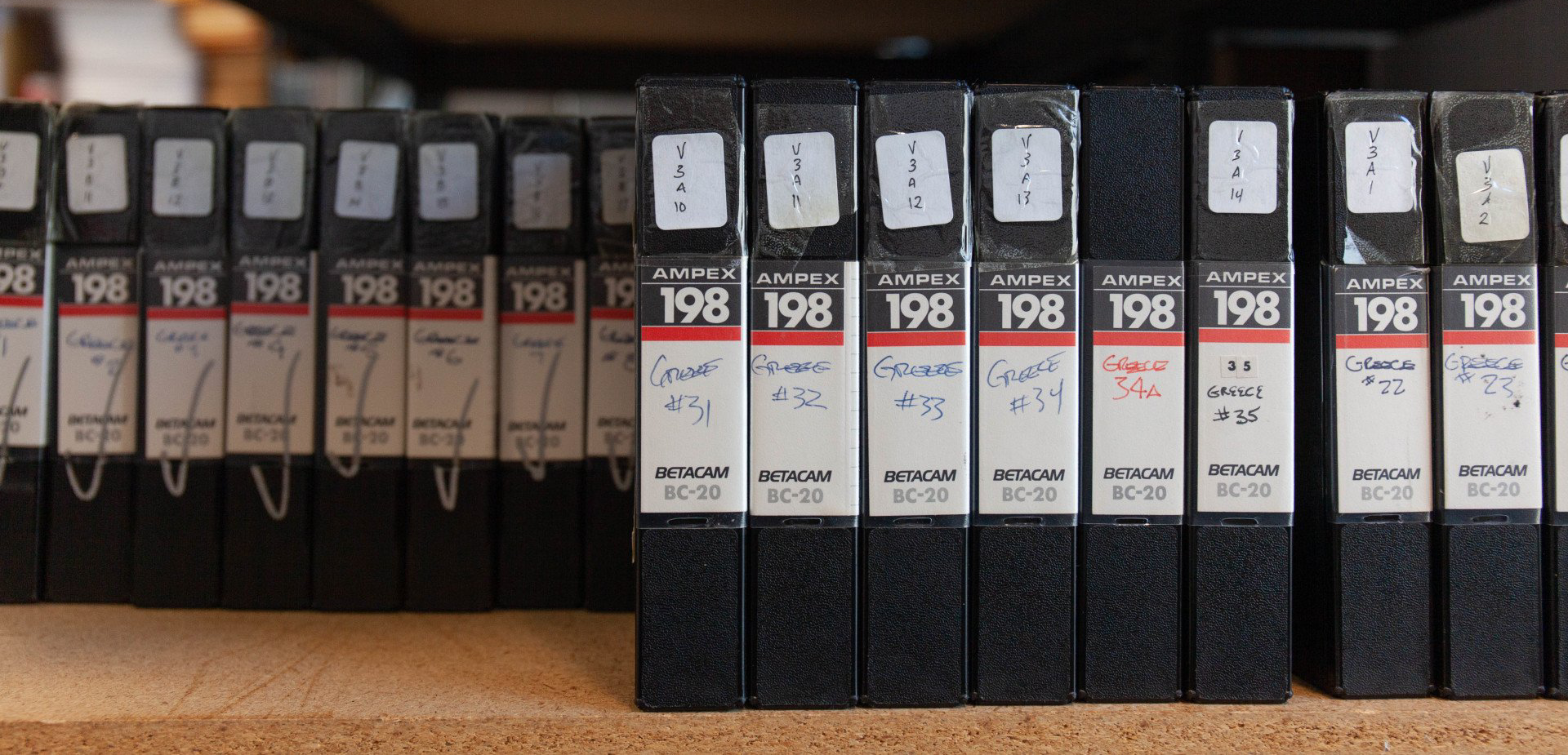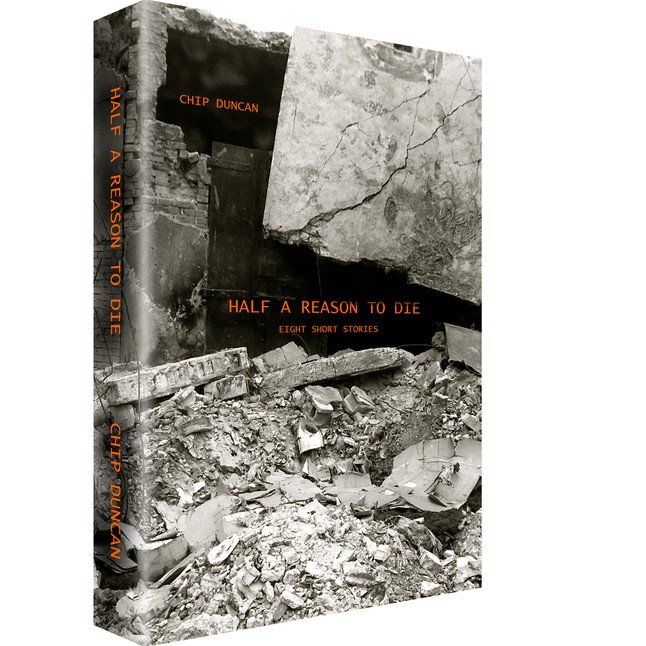Tenant Spotlight: Duncan Entertainment
Kerr Consulting • January 28, 2020
Meet Duncan Entertainment Group, the media company of filmmaker, author, photographer, journalist, and overall storyteller, Chip Duncan. For more than 35 years, the Duncan Entertainment Group has created documentaries for broadcast networks, streaming services, and education platforms around the world, in addition to publishing books and exhibiting photographs. We met with Chip's partners, Robert Huck and Theran Pfeiffer to learn more about Nō Studios tenant, Duncan Entertainment.
ROBERT HUCK
Company Vice President, specializing in long form editing, post production, and management.
How many films has the Duncan Entertainment Group made?
Oh gosh – between 50 and 60, at least. We usually do one long form documentary every year or two, though some go longer, and we work on other projects in between. Over the years, we have been to more than 40 countries, documenting the expedition, culture, and landscape for the company or NGOs (non-governmental organization). Our work with NGOs has taken us to Haiti, Burma, Afghanistan, and Pakistan, including documenting relief efforts for Save the Children and Relief International.
How often do you (Duncan Group) travel?
It varies, but the company travels about 3 - 4 months out of the year. We have several consistent countries that we travel to, like Peru, Kenya and Ethiopia - though Peru is the most consistent, travelled space with the most extensive footage in our archive. The first time Chip went to Peru was for The Learning Channel more than 25 years ago, and since, access to the grounds has changed, making the footage more valuable. You can no longer access certain perspectives/locations, hence the reason for the investment of time and hardware to preserve. Our mantra is preservation, organization, restoration, and monetization.
What inspires the work?
We are inspired to tell stories! Our trips stem from a passion for the country and the people, not always led by a project. We look for positive stories that break down barriers that divide our planet, and seek to bring attention and awareness to issues like endangered ecosystems and disasters. In 2010, Chip made a film that was screened at the Bradley Center to promote fundraising for the Haiti earthquake. Chip had previously been to Haiti for other work, but when the earthquake struck, Chip just went to help out and document without knowing how he was going to get out.
THERAN PFEIFFER
Archive management, assistant editor, and photography printing, matting, and framing.

On Archiving:
Our archive starts in 1987. All footage has been compiled and compressed and meta-tagged to the point where it’s also searchable. It is based by year, but you can search any key word and it will pull up anything from the 35 years of tagged footage.
Did this happen from the start?
In a way, they were hand logged in the field. That’s how it used to be done.
(Robert): The tapes behind you (see image below) are from 1990, Greece. When they came back from the field, the tapes were dubbed to either VHS or 3/4 inch at the time, and the time code window was burned to match a hand written log describing the shot: medium, close up, pan, tilt, the specific location, etc. So, procedurally this (logging) has been done since the start of the company.
What do you do with the old tape?
Currently we don’t monetize the footage, though we used to have footage housed in Chicago at a film library that sold clips to broadcasters. However, the footage gets more valuable the older it gets. As it ages, it deteriorates, and the tape starts breaking down. To properly preserve it, we invested in *literally* an oven: a laboratory oven where we bake the tapes. Depending on how tapes are stored, they can absorb moisture over time which has an effect on the level of adhesives within the tape. The adhesives start moving their way out, to the point that the tape starts sticking when rolled out to be processed. When you bake a tape, the moisture gets pulled out and the adhesives go back into the tape - but only for a short amount of time. There is a small window to digitize the tape, in high res compression, and then they go back to their native state in storage. The Greece tapes are the last tapes we have to bake and digitize.
BOOK RECOMMENDATIONS
By Chip Duncan
Half A Reason To Die is the new fictional short story collection from writer-filmmaker Chip Duncan. Each story is inspired by real life events experienced by the author during his thirty years of global travel as a documentary filmmaker. But this time Duncan has turned to fiction – and the author colors his personal experience with dramatic characters and imagined worlds where truth can be found in a profound and compelling way.
By Chip Duncan
INSPIRING CHANGE: The Photographic Journey of Chip Duncan (Thunder House Press, 2018) includes images from Duncan’s work chronicling humanitarian projects and crisis zones around the world. During the past decade, Duncan has conducted numerous visits to Afghanistan, Kenya, Colombia, Peru and Ethiopia as well as journeys to India, Colombia, Ghana, Pakistan, and Haiti. The people he’s encountered offer a rare and positive glimpse into the beauty of each individual nation and the unique cultures and faiths around the world.









